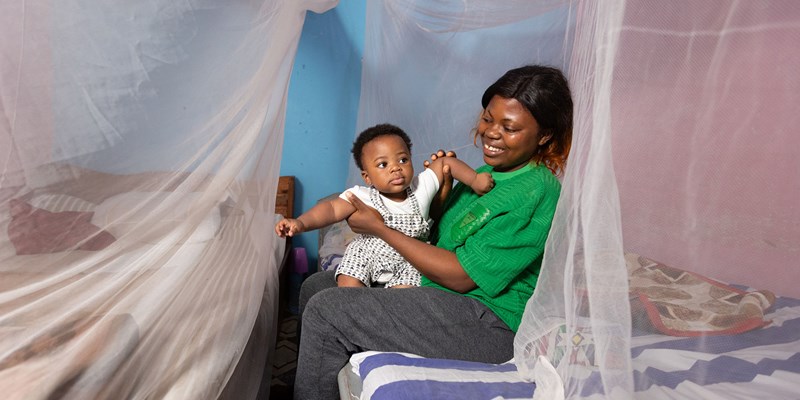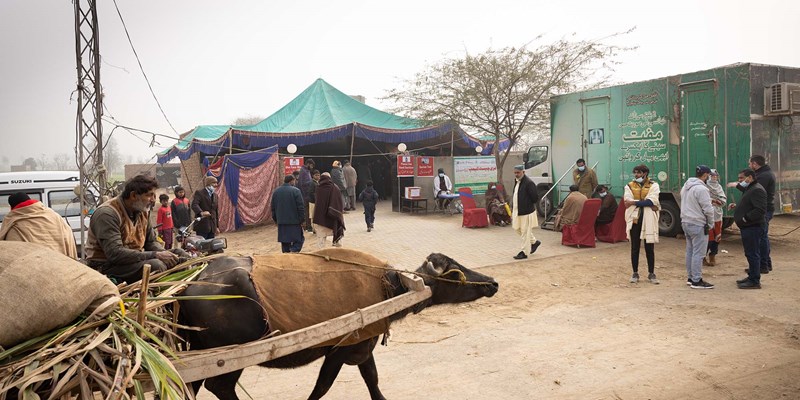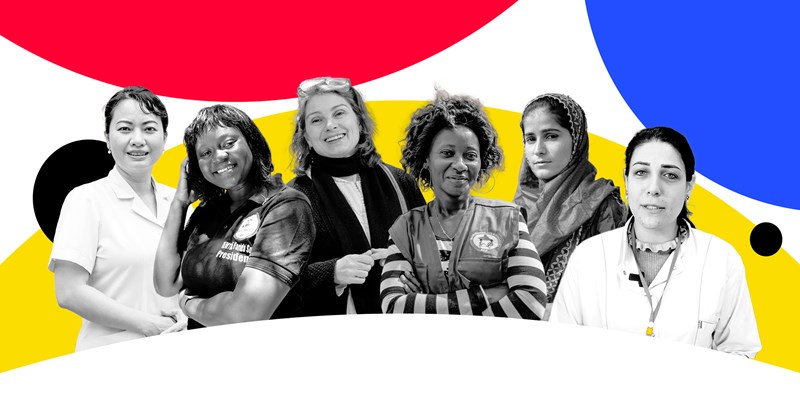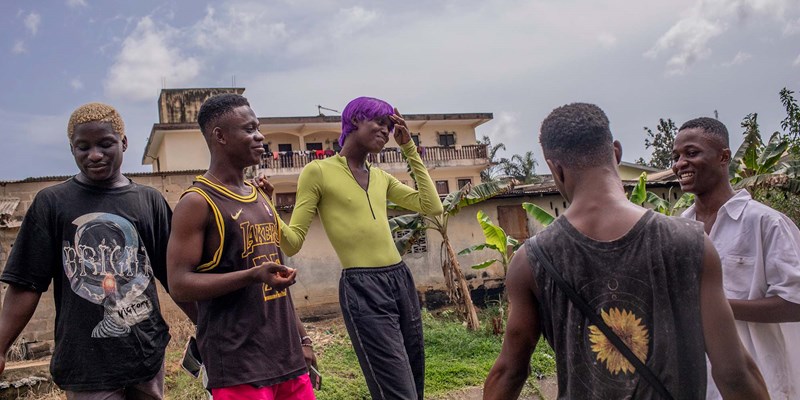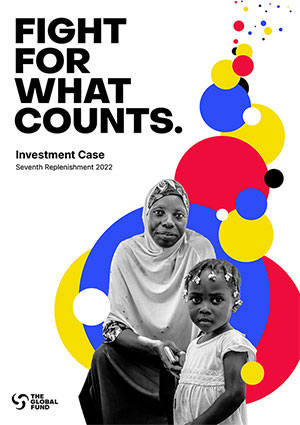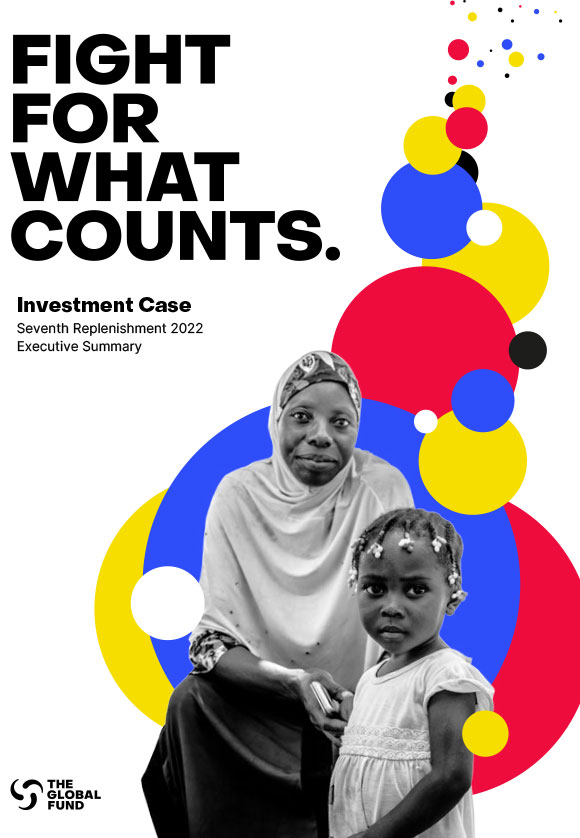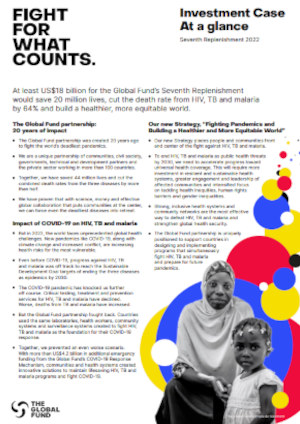UK doubles Global Fund pledge for next 3 years
20 July 2004
London, UK, Tuesday 20 July 2004 – UK Prime Minister Tony Blair has today announced a new pledge of £154 million over the next three years to The Global Fund to Fight AIDS, Tuberculosis and Malaria. This new pledge effectively doubles the UK existing pledge for 2005-2007.
The new pledge forms part of the £1.5 billion scale-up over three years of the UK’s bilateral and international commitment to tackling AIDS that was announced last week by the Chancellor of the Exchequer, Gordon Brown. The full details of the UK government’s new AIDS strategy are also unveiled today.
“We strongly welcome this major boost for our efforts,” said Richard Feachem, Executive Director of the Global Fund, “and we sincerely hope that it will encourage other donors to increase their commitments to the Global Fund.”
The UK has been a key donor to the Global Fund since making one of the very first pledges at its founding in 2001. The UK has also been a strong supporter of the Global Fund through advocacy at the highest political level. This will be of particular importance in 2005 when the UK will assume the presidency of the G8, during which the UK will launch – together with other countries – the new International Finance Facility (IFF). The proposed IFF would frontload donor commitments and leverage additional money from the international capital markets by issuing bonds, based on binding long-term donor commitments.
“The IFF is of critical importance for the financing of the Millennium Development Goals, including the worldwide fight against AIDS, tuberculosis and malaria, and the work of the Global Fund,” said Richard Feachem. “We look forward to working closely with the UK government on these issues.”
At today’s events in London, including a working breakfast at No 10 Downing Street, Professor Feachem recognized and applauded the leadership roles of Prime Minister Blair, Secretary of State Hilary Benn, and Minister Gareth Thomas. He went on to commit the Global Fund to a close working relationship with the UK government in its efforts to control the great infectious diseases in the world’s poorest countries and in the launch of the IFF next year.
The new UK pledge comes in the wake of widespread calls last week at the XV International AIDS Conference at Bangkok for an urgent scale-up of donor commitment to the Global Fund. The Global Fund’s resource needs for 2005 are currently estimated at US$ 3.5 billion, based on new rounds of funding applications every nine months and ongoing renewals of existing program funding.
Globally, it is estimated that next year HIV/AIDS treatment and prevention alone will cost US$ 12 billion, rising to US$ 20 billion by 2007. The Global Fund is expected to fulfill a major portion of this need.
Currently, Global Fund commitments total US$ 3 billion over the first two-year phases of 307 grants in almost 130 countries. Early results of performance measurement on programs now moving to implementation stage include 16,000 people on antiretroviral treatment for HIV infection; the launching of 38 integrated voluntary counseling and testing centers for HIV in Rwanda; implementation of the first national communication campaign on HIV/AIDS in Morocco; distribution of artemisinin-based therapy for drug-resistant malaria in 28 Zambian clinics and training of private practitioners in the DOTS treatment strategy for tuberculosis in Philippines.
Expected outcomes of these programs over their full five-year lifetimes include more than 1.6 million people on antiretroviral treatment, a six-fold increase over current coverage; over 1 million orphans supported through medical services, education and community care; 3.5 million additional tuberculosis (TB) cases treated under the DOTS treatment strategy; 145 million artemisinin-based combination drug treatments for resistant malaria delivered.
Reflecting the breadth of Global Fund partnerships at country level, half of the money committed will be used by governments, while a quarter will be spent by NGOs, and the remaining quarter will be shared between faith-based organizations, private sector companies, academic institutions and communities living with the three diseases.
